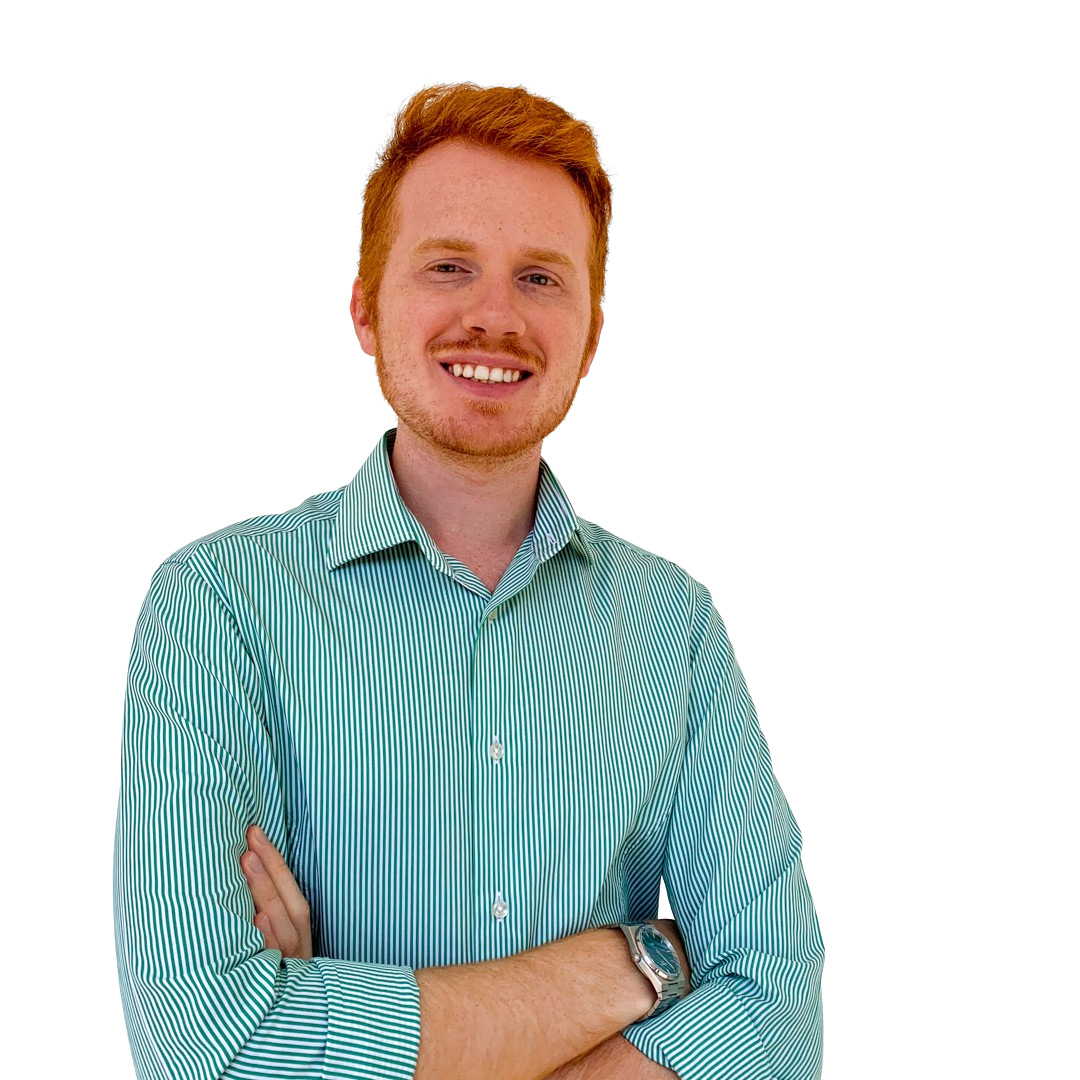Samuele Pasini
Università della Svizzera Italiana. Deep Learning Engineer. Como - Lugano.

Software Institute, USI
samuele.pasini@usi.ch
samu.pasini98@gmail.com
I am Samuele Pasini and I am a PhD researcher in USI Lugano. I am a member of the Software Institute and I work under the supervision of Prof. Paolo Tonella.
I am graduated at Politecnico di Milano, Master’s degree in Computer Science and Engineering, where I specialized myself into Artificial Intelligence and Deep Learning, combining scientific research to a large amount of practical projects. I have done my Thesis in the context of Illegal Landfills Detection, applying Computer Vision techniques in the field of Remote Sensing under the supervision of Prof. Piero Fraternali.
After the graduation, I worked as Computer Vision Engineer for Mindearth, a Swiss company that operates in a wide range of sectors combining street-level and remote sensing imagery.
After one year, I decided to start my PhD in USI. My research is related to Deep Learning and LLMs, with a specific focus on Adversarial/Poisoning attacks and the usage of LLMs for code generation.
News
| Dec 17, 2025 | See you at ICSE 2026! |
|---|---|
| Dec 05, 2025 | New publication in EMSE! |
| Aug 28, 2025 | Another Chapter for Formula USI! |
| Jun 30, 2025 | Inspiring Moments at FSE & ISSTA 2025 |
| May 10, 2025 | Formula USI at Universo! |
Latest Posts
| Jan 15, 2024 | Adversarial Machine Learning |
|---|---|
| Dec 28, 2023 | Back to University |
| Oct 18, 2023 | My Experience in a Startup |